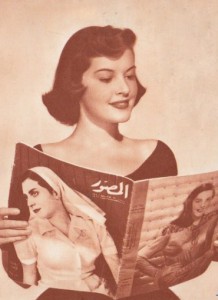 Across the colonial world, the nineteenth and twentieth centuries saw a flourishing of newspapers and periodicals – some fleeting newssheets, others enduring forums of discussion, some published by the colonial state, others by enterprising editors and entrepreneurs.
Across the colonial world, the nineteenth and twentieth centuries saw a flourishing of newspapers and periodicals – some fleeting newssheets, others enduring forums of discussion, some published by the colonial state, others by enterprising editors and entrepreneurs.
In recent years, a growing body of literature has explored the role of these print media in colonial societies. This, however, has tended to focus on the content rather than the form, mining newspapers for information rather than considering their constitution. What’s more, it has tended to focus on certain publications and regions at the expense of others.
This conference brings together scholars working in different disciplines on the colonial societies of Africa, the Middle East, East and South East Asia to consider colonial newspapers in a comparative perspective. It will consider the newspaper, the journal and the magazine as tools of education and government whose owners, contributors and readers often thought of these print media as edifying publications. They were purveyors not just of knowledge about their own societies and the wider world, but also of political prescriptions, linguistic conventions, and ethical norms, which reinforced notions of the self and the other, the state and society, modernity and its lexicons.
Together, we hope to encourage enduring and inter-disciplinary conversation amongst scholars about the place newspapers, magazines, and journals played in the constitution of vernacular modernity in various locales, and to lay down the foundations for a new global history of print media in the long twentieth century.
This article comes from crassh edit released